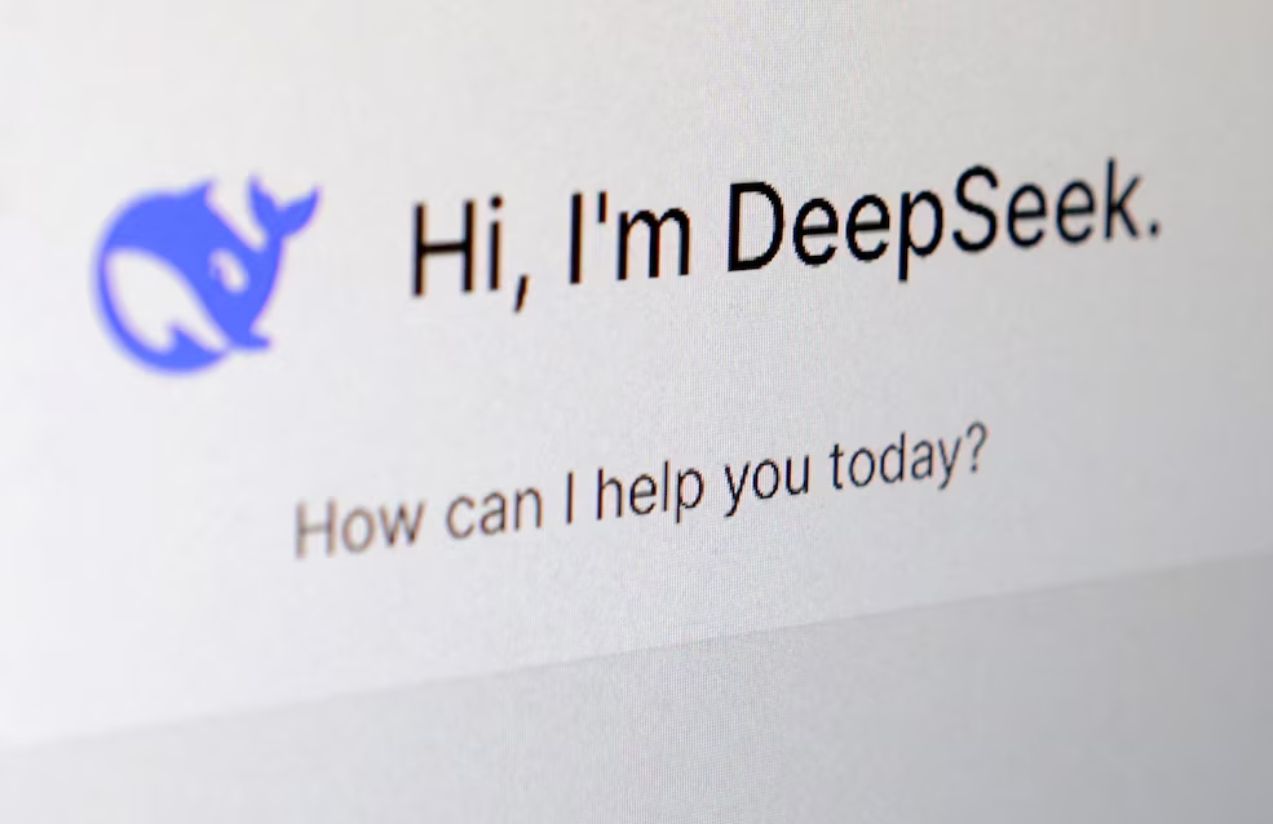A bipartisan committee in the U.S. Congress has labeled Chinese artificial intelligence firm DeepSeek a “profound threat” to national security, accusing it of collaborating with the People’s Liberation Army (PLA) and circumventing U.S. export controls on sensitive technologies.
According to a report published in April by the House Select Committee on the Chinese Communist Party, DeepSeek allegedly redirects data from U.S. users to Beijing and operates using restricted semiconductor technology. The document warns that these practices amplify growing concerns within the federal government over China’s rapid progress in developing AI capabilities.
The investigation, reported by Homeland Security Today, revealed that DeepSeek maintains direct ties to the PLA. Data from analytics firm Exiger shows that company researchers have been involved in at least 396 PLA-funded AI projects, including initiatives linked to nuclear weapons development.
Moreover, DeepSeek’s AI model, known as R1, is already being used in Chinese military hospitals for treatment planning and diagnostics. It has also been deployed by the People’s Armed Police for domestic security operations.
The committee report accuses DeepSeek of funneling Americans’ personal data to the People’s Republic of China via a backend infrastructure connected to a Chinese military-affiliated company previously designated as a threat by the U.S. government.
In response, multiple federal agencies have taken steps to restrict the use of DeepSeek’s products. In January, the Department of Defense banned the application from its networks—a move later mirrored by other federal institutions. The NASA explicitly prohibited any DeepSeek tools that process agency data, while the U.S. Navy issued a full ban for its personnel, citing security risks and ethical concerns.
At the state level, Texas Attorney General Ken Paxton launched an investigation in February into the company’s privacy practices, calling DeepSeek “nothing more than a proxy for the Chinese Communist Party seeking to undermine American dominance in AI.” In parallel, lawmakers from both parties have pushed for legislation to ban the company’s software from government devices.
The controversy has also spilled into the private sector. OpenAI has publicly accused DeepSeek of using illicit methods to train its models, including bypassing safeguards to access advanced reasoning capabilities in U.S.-developed systems. In a letter to the White House, OpenAI warned that while the U.S. still holds a technological edge, “that advantage is not insurmountable—and it is shrinking.”
Founded in 2023 by Liang Wenfeng, a former hedge fund executive, DeepSeek has quickly positioned itself as a rising player in the global AI market. The company claims its R1 model rivals the most advanced U.S. systems, despite being trained with just six million dollars—far less than the $100 million invested in OpenAI’s GPT-4.
This investment gap has raised suspicions about the legitimacy of DeepSeek’s development methods and possible unauthorized access to restricted technologies or data. So far, the company has not responded to the allegations made by Congress or the actions taken by U.S. federal agencies.

